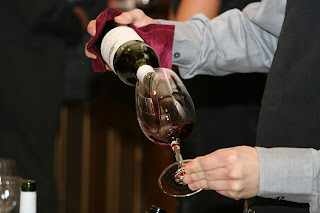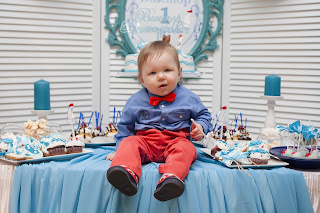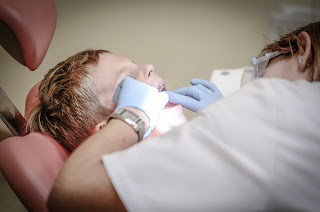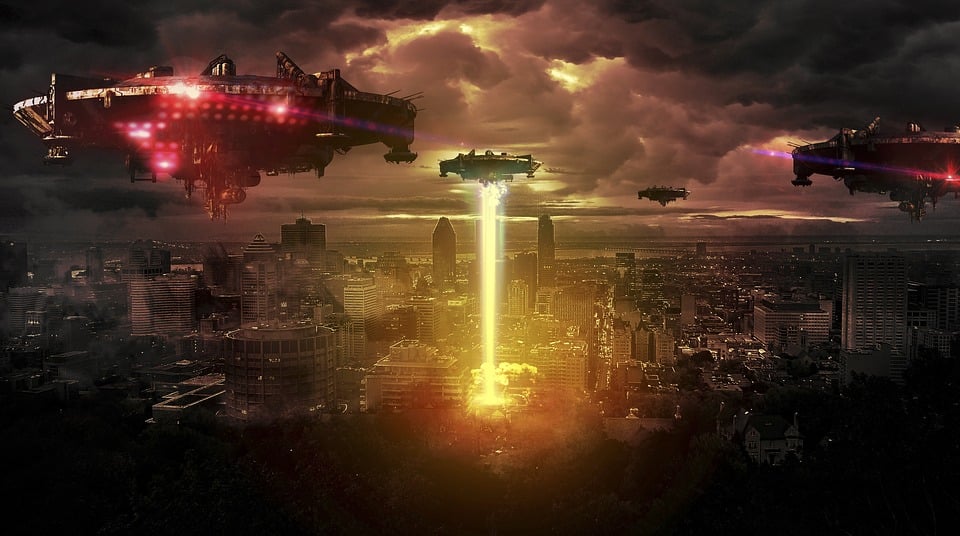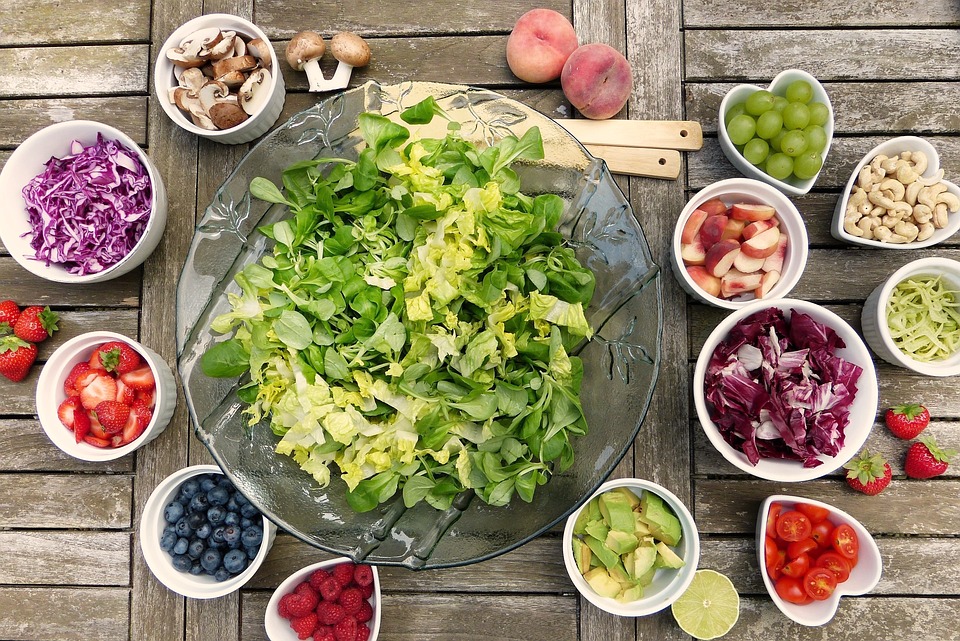Középkor
Hűbériség kialakulása:
·
A hatalom
alapját a földbirtok jelentette
·
A királyok
hatalama is a birtokainkon alapult
o
Csak úgy
tudtak kormányozni, ha a földjük jelentős részét híveiknek adományozták
·
Hűbérbirtok:
különböző szolgálatok (katonáskodás, hivatalok betöltése, stb.) teljesítésééert
adomyánoztak földet
·
A király nagy
hűbéresei, hogy fegyveres kísérettel rendelkezzenek, maguk is adományoztak
kisebb birtokokat
o
Alá-fölérendeltségi
viszony = hűbéri lánc
·
Hűbéri eskü:
hűbérúr (senior) és a hűbéres (vazallus) kölcsönös fogadalmat tettek a hűségre
és kötelességeik teljesítésére
Jobbágyság kialakulása:
·
A jobbágyság
korábbi rabszolgák, a colonusok és a szabad germán parasztok összeolvadásásval
jött létre
·
A szabad
parasztok katonai szolgálattal tartoztak a királyuknak, de az ellátást és a
felszerelést nekik kellett álnniuk. Az egyre költségesebb felszerelést nem
tudták maguknak megengedni, ezért inkább lemondtak a szabadságukról és egy
földbirtokos szolgálatába szegődtek.
·
A jobbágy
csak használója volt a földnek, szabadon örökíthette, eladhatta
·
A föld
nagyságának arányában tartozott szolgáltatásokkal a föld tulajdonosának
o
Ez lehetett
robot, terményjáradék, munkajáradék, vagy pénzjáradék
Mezőgazdaság:
·
A Nyugatrómai
Birodalom bukása után mindennapossá vált az éhezés és a belső háborúskodás
·
Elpusztultak
a városok, visszaszorult az árutermelés
·
Nyugat
önállátó nagybirtokodókra, uradalmakra esett szét
o
Földjei a
nagybirtokos tulajdonában, lakói a nagybirtokos fennhatósága alatt
o
Földek egy
részén a nagybirtokos gazdálkodott (majorság), más részén a jobbágyok
·
A földeket
kimerülésig művelték
·
A 8.
századtól kezdődően a termelési módszerek és eszközök fejlődni kezdtek
o
Kétnyomásos
gazdálkodás: a föld egyik részét bevetették, másikat meghagyták ugarnak, amit
az állatok legeltek, amjd csere
o
Háromnyomásos
gazdálkodás: őszi vetés, nyári vetés, ugar
·
Éghajlat
melegebbé vált
o
Növekvő
terméshozam
§ Nőtt a kontinens népessége
·
Túlnépesedő
területekről vidékre költözött ember (hospes) terjesztette a módszereket
Kézműipar és városok:
·
9.-12.
század: „Technikai forradalom”
o
Vízimalom
o
Szövőszék
·
Távolsági
kereskedők telepeihez csatlakoztak a kézművesek
o
Kereskedők
segítségével kommunákat hoztak létre
§ Földbirtokossal szemben ha kellett erővel is
kiharcolták az önállóságukat és a városi önkormányzatot
·
Szabadon
választott bíró
·
Egy összegben
rótták le adójukat a királynak
·
Maguk
választották a plébánost
·
Városokat
fallal vették körül
·
Nem volt
csatornázás
o
Járványok
tizedelték a lakosságot
·
Árumegállító
jog: városon áthaladó kereskedő meghatározott ideig köteles a városban árulni
portékáját)
Céhek:
·
Kézművesek
szakmánként érdekvédelmi szervezeteket hoztak létre
·
Teljes jogú
tegjait az önálló műhellyel rendelkező mesterek alkották
·
Korlátozták a
termelést
o
Minen mester
megélhessen
o
Magas
színvonal
·
Nagy szerep a
város életben:
o
Városfalszakasz
őrzése
o
Rend
fenntartása a városban
o
Ünnepeken
céhenként felvonultak
o
Támogatták a
város egyházát
Kereskedelem:
·
A távolsági
kereskedelem volt a legfontosabb
·
Földközi-tenger
arab és bizánci területeiről hoztak be luxuscikkeket a veztő réteg számára
·
Keletre szláv
területekről elhurcolt rabszolgát vittek
·
A 11.-13.
században a levantei kereskedelem volt a legnagyobb jelentőségű
o
Útvonalat
itáliai városok (elsősorban Genova és Velence) uralták
o
Fűszerek,
luxuscikkek, arany, fegyverek, postó, bársony
·
Jelentős
kereskedelmi útvonal jött létre a Balti-tenger térségében
o
Fejletlenebb
északi és keleti vidékekről nyersanyagokat és élelmiszereket vittek nyugatra
·
A két tengeri
útvonalat (Levante, Hamza) a szárazföldi kereskedelem kötötte össze
o
Először az
Alpokat megkerülve Champagne vásárain cseréltek gazdát a termékek
o
Később az
Alpok hágóin keresztül a délnémet városok és Bécsi is becsatlakozott
Kora újkor
Hollandia magalakulása:
·
A Németalföld
a . sz. óta Európa egyik legfejlettebb terülte volt
o
Fejlett
textilipar
o
Hamza
kereskedelm
·
A . század
végén Habsburg fennhatóság alá kerültek, haszonélvezői voltak a spanyol
uralomnak
o
Spanyolországba
exportáltak
o
Ide érkezett
a gyarmatokról a legtöbb nemesfém
·
Spanyolok
frasztikusan megemelték az adókat, és inkvizíció bevonásával elkezdék a
katolicizmus elterjesztését
o
A tertományok
fellázadtak
o
Hosszú
küzdelemben (1566-1609) az északiak kivívták függetlenségüket
A szabad vállalkozáson
alapuló gazdaság:
·
Az északi
tartományokból álló Hollandia a világtengerek ura lett
o
Közvetítő
kereskedelem (más terület áruit szállították)
·
Gyarmati:
o
1602: Holland
Kelet-indiai Társaság (Indonéz szigetvilág)
o
Új-Amszterdam
(mai New York)
o
Fokföld
·
16. századtól
a céheket felváltották a manufaktúrák
o
Befektethető
pénzzel rendelkező vállalkozók hoztak létre, bérmunkások dolgoztak
A Tőkés termelés
kibontakozása Angliában:
·
Nagy
földrajzi felfedezések jelentős változásokat hoztak
o
Árak
növekedése
o
Piac bővülése
·
tőke termelés
felé irányítása
o
nagyobb
nyereséget lehetett remélni a termelésből, mint a kölcsönüzletekből
·
átalakulás a
mezőgazdaságban indult meg
o
nőtt az igény
az élelmiszerek és a a gyapjú iránt
§ juhtenyésztés
·
a
földbirtokosok egyre több helyen vették saját kezelésbe a közös földek,
valamint a bérlők parcelláinak mind nagyobb részét, és azokon juhlegelőket
hoztak létre
o
ez a
bekerítés (elkerítették földjeiket)
·
A vállalkozó
földbirtokosok (gentry) és a jómódú parasztok (yeoman) is bérmunkát
alkalmaztak, piacra termeltek, tehát tőkés vállalkozókká váltak, polgárosodtak
·
Céhek mellett
manufaktúrákat hoztak létre
A királyi hatalom
megszilárdítása:
·
VIII. Henrik
uralkodása alatt a központi hatalom eerősödött, de a rendi szervek is
zavartalanul működtek
·
Szakított
Rómával, létrehozta az anglikán egyházat (1504) és az új egyház feje lett
o
Elválhasson
első feleségétől Aragóniai Katalintól
o
Szerzetesrendek
vagyonát kiárusították
o
Elvették a
szentek tiszteletés, de szerzetességet és anyanyelvű igehírdetést vezettek be
Első Erzsébet:
·
VIII. Henrik
kisebbik lánya
·
Parlament
egyetértésében kormányzott
·
Anglikán
egyház eltávolodott a katolicizmustól, de a vallást megtűrte, viszont nem
lehetett gyakorolni Angliában
·
Külpolitikája
megfelelt a vállakozó nemesség és a polgárság gazdaségi érdekeinek
o
Szemben állt
a spanyolokkal és franciákkal
o
Spanyol
hajókat fosztogató kalózok tisztes vállalkozók voltak, zsákmányuk gyarapította
a kincstárat
·
Monopóliumokat
(egyedárusítási jog) adott ki aze egyes területekkel folytatott kereskedelemre
o
Államnak
bevételt, kereskedőknek védelmet nyújtott
·
II. Fülöp
spanyol király támadást indított a kalózok és az angol katolikusak ért
bántalmak miatt
o
Spanyolok
kikaptak
o
Anglia vezető
tengeri hatalomlett


